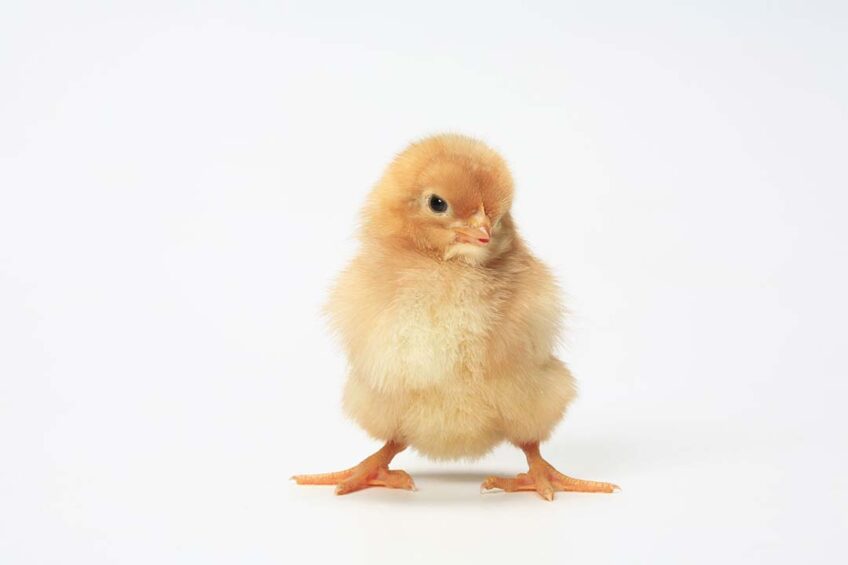Kazakhstan sees no point in reviving domestic crossbreeds

The Kazakhstan government has turned down lawmakers’ proposal to allocate money from the state budget to give a second chance to Soviet-era domestic crossbreeds.
In November 2023, a group of members of the Kazakh Parliament filed a request to the government suggesting that the country should lower its dependence on foreign poultry genetics. The authors reminded that during the Soviet times the Kazakh poultry industry development institute worked on several domestic crossbreeds, including duck crossbreed Medeo, laying hens crossbreed Atalay, and broiler crossbreed Kaisar.
In addition, the institute developed a hybrid of turkey and ducks, the lawmakers recalled. All progress of those studies has been lost as the institute was closed shortly after the collapse of the Soviet Union.
The institute’s building is still standing, all equipment has been preserved, and there are young scientists ready to devote themselves to the revival of poultry genetics hand-in-hand with experienced researchers, the authors reported.
Kazakhstan annually imports 7.7 million head of day-old chicks and 67.7 million hatching eggs to meet the demand of poultry farms, the lawmakers calculated. To overcome the tough dependence on imports, Kazakhstan needs not only the scientific base but also establishing at least 2 breeding farms, one in the south and another in the northern part of the country, the lawmakers added.
Existing aid is sufficient
The government disagreed that Kazakhstan needs to spend money on Soviet poultry crossbreeds. In response to the proposal, the deputy prime minister Serilk Zhumangarin emphasised that poultry farmers have chosen to rely on imports. “The establishment of breeding farms in the republic is business prerogative,” Zhumangarin asserted.
The state subsidises 25% of capital costs associated with establishing new production capacities in the broiler meat and eggs segments, Zhumangarin said, adding that, in his opinion, the volume of state aid allotted by the government to the poultry industry is already sufficient.
Kazakhstan is not planning to establish new scientific organisations in the foreseeable future, so the “creation of the poultry research centre is considered premature”, according to Zhumangarin.
Breeds adapted to a mess
Kazakhstan needs to abandon poultry imports and invest in domestic crossbreeds, agreed Ruslan Sharipov, president of the union of poultry farmers of Kazakhstan. He recalled that the Kazakh crossbreeds were way more adapted to local conditions.
“If you leave it [poultry of local crossbreeds] even for an hour or 2 without light and food, it does not lose productivity. If you leave imported breeds for half an hour without food and light, they already feel bad. We need crosses adapted to our mess,” Sharipov stated.












